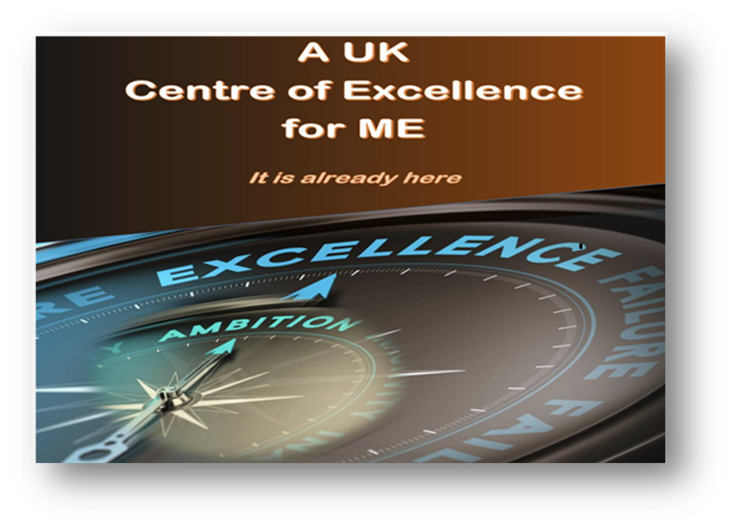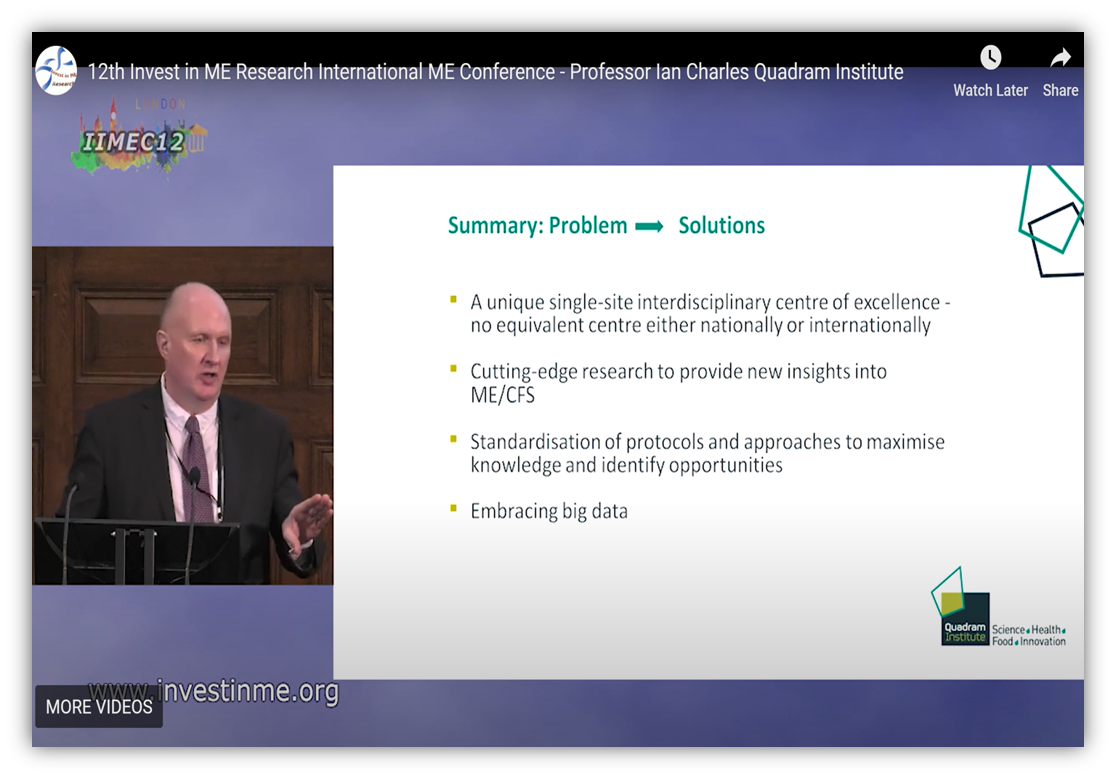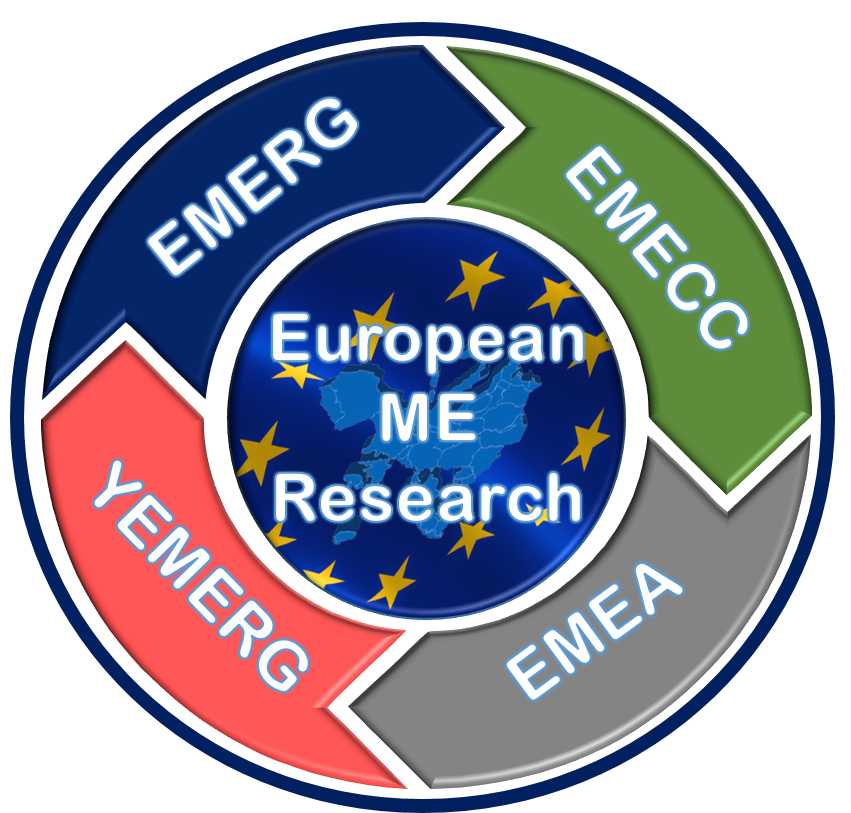IiMER’s Vision for the UK/European Centre of Excellence for ME

This article describes the essence of Invest in ME Research's decade-long effort to establish a UK/European Centre of Excellence for ME at Norwich Research Park. Despite facing funding limitations and institutional hurdles, the charity has laid a strong foundation for ME research, including supporting PhD students and the first post-doc(s) for ME, funding and facilitating the UK's only clinical trial for ME, and fostering European collaboration through networks such as EMERG. The Centre is uniquely positioned to lead ME research in the UK and Europe, but sustained investment is essential for it to realise its full potential. The progress made so far demonstrates the potential, yet the future of ME research hinges on a commitment to prioritising and adequately funding this initiative. - October 2024
Professor Ian Charles recently retired as director of Quadram Institute Bioscience in Norwich Research Park
(one of the largest research parks in Europe).
Professor Charles was appointed as director shortly after the institute's
establishment, guiding its development into a
significant
research facility.

Invest in ME Research (IiMER) has been advocating for, and facilitating and funding, a Centre of Excellence for ME at Norwich Research Park for over a decade. The charity's goal has been to establish the Centre as a leading UK and European hub for ME research, employing existing infrastructure and networks to make significant progress and improve patient outcomes.
IiMER invited Professor Charles to speak at the international ME conference in 2015 [1], shortly after he took on his role. He returned to speak again in 2017 [2], when Quadram Institute was fully operational. At both conferences, he highlighted the institute’s potential to support the vision for a Centre of Excellence for ME, which aligns with IiMER’s strategy for establishing such a centre.
Since 2011, the charity has been advocating for this strategy, collaborating with Dr Ian Gibson
and other researchers to build a solid foundation for ME research and foster European collaboration.

With Professor Charles’ retirement, we now reflect on the progress made toward fulfilling this crucial need for patients.





